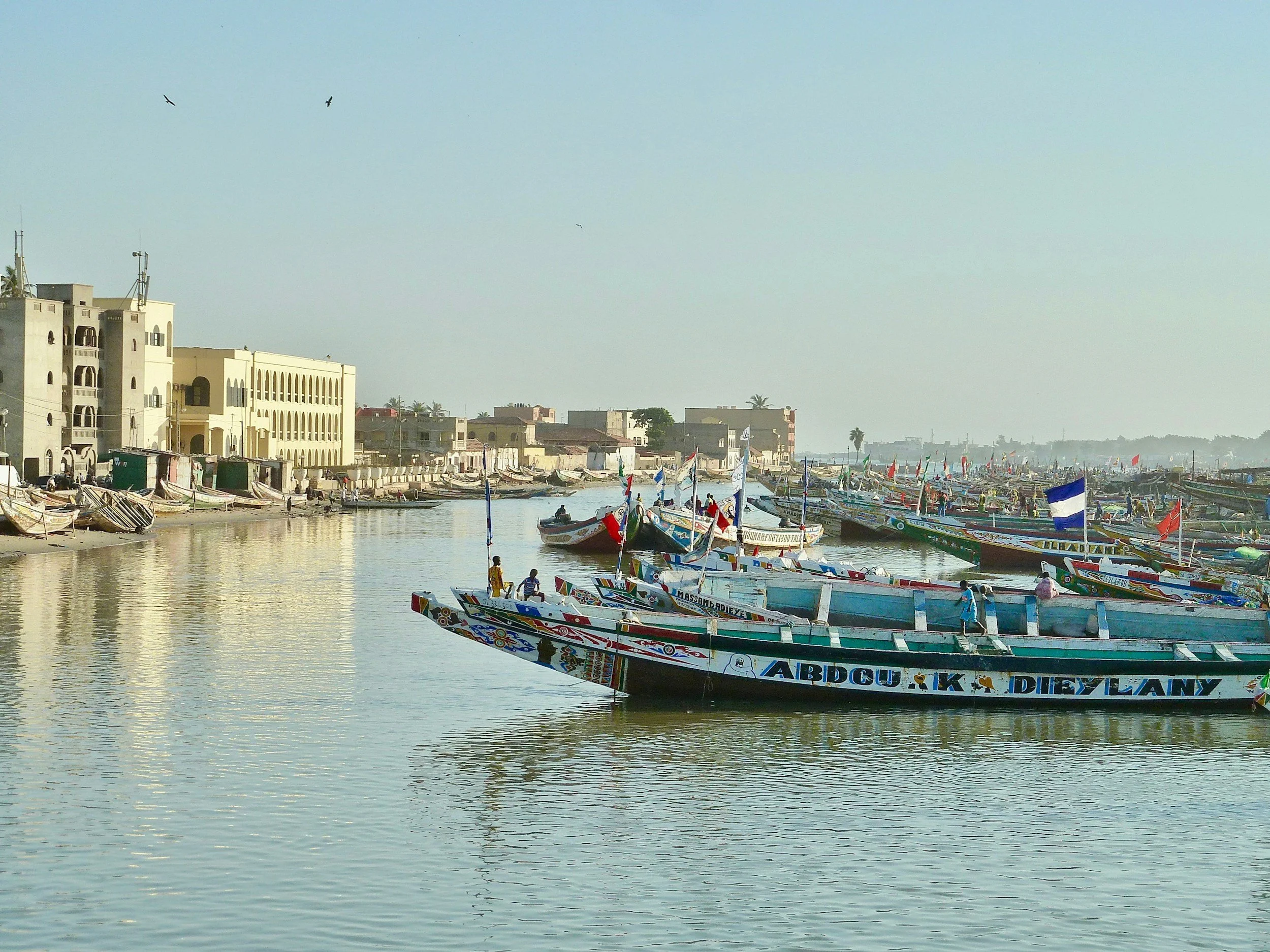At the end of their 8th Ministerial meeting, the Organisation of African, Caribbean and Pacific States (OACPS) Ministers responsible for oceans, inland waters and fisheries adopted a declaration in which they spoke with one voice on ocean governance, sustainable fisheries, and aquaculture.
The declaration touches upon most fisheries’ hot topics: the fight against IUU fishing, good governance, transparency, fisheries subsidies, among others. It is noteworthy that, on most of these topics, emphasis is put by the Ministers on small scale fisheries, describing them as “the mainstay of OACPS' fisheries sector with longstanding and enduring roots in local communities, traditions, and values.”
OACPS Ministers call for co-management as a path to biodiversity conservation
Welcoming the Kunming-Montreal Global Biodiversity Framework, Ministers called for a “people centered approach” to sustainable use and conservation of aquatic biodiversity. To achieve this, they emphasized the need to secure access to fishing grounds for small-scale fishers, encouraging “the establishment of artisanal stewardship areas by effectively closing inshore or wider shelf areas, where small-scale fishers operate, to industrial fishing and other industrial activity.”
They further called upon OACPS members to promote the effective co-management of 100% of these artisanal stewardship areas together with fishers, thereby “improving the sustainable management of the small-scale fisheries sector, maintaining healthy fish stocks, securing livelihoods and substantially contributing to conservation targets, including Target 3 of the Kunming-Montreal Global Biodiversity Framework.”
“[We] encourage the establishment of artisanal stewardship areas by effectively closing inshore and wider shelf areas, where small-scale fishers operate, to industrial fishing or any other industrial activity and [...] effective fisheries management through co-management systems for all 100% of coastal areas.””
This echoed the message of ACP artisanal fishers whose representative was given the opportunity to intervene during the OACPS Ministerial meeting: “when it is demonstrated that the conservation of biodiversity is a direct result of the establishment of areas reserved for small-scale fishing, prohibited to industrial fishing, co-managed by fishers and the Ministry of Fisheries, then these areas should be considered by our States as contributions to the "30 x 30" objective.”
In order to concretely implement their commitment, the Ministers requested the OACPS Secretariat to establish a Technical Support Group to assist members for implementing Artisanal Stewardship Areas, or similar arrangements, “to promote the effective and inclusive co-management of small-scale fishing areas and to contribute to the global targets of the Kunming-Montreal Global Biodiversity Framework.”
OACPS Ministers further encouraged co-management systems for 100% of all coastal areas, putting in place “enabling policy and legal frameworks that clearly define the roles and responsibilities of the authorities and fishers, providing the appropriate support for fishers to engage in implementing management measures, including for participatory surveillance and closed fishing seasons.”
This answers the view expressed earlier this year in July, at the FAO Committee on Fisheries, by civil society organisations, that, for participatory surveillance to work, “artisanal fishers must be provided with adequate equipment to enable them to inform the authorities directly of suspicious activities, and the respective roles and responsibilities of fishers and the authorities must be clearly defined.” They further called on the FAO to “organize a discussion, with interested members and fishers, on how to promote efficient participatory surveillance.” Together with their partners, like EU countries, Members of the OACPS could do much to facilitate such an initiative.
OACPS stand by their fishers for adapting to climate change
OACPS artisanal fishers are already experiencing the impacts of climate change. A striking recent example is found in West Africa, where over-exploited small pelagic fish resources, essential for the region food security, have been moving about 200 km north because of the rising temperatures of sea water, further depriving fishing communities from Senegal and Mauritania.
Taking stock of the threats global warming poses to fisheries, OACPS Ministers expressed grave concern about the visible and growing impacts of climate change, “including rising Ocean and sea-water temperatures, acidification, rising sea levels, shifts in the abundance and distribution of aquatic species, including fish, and a decrease in marine biodiversity.”
They further noted that the health of the ocean environment, - and communities whose livelihoods depend on a healthy ocean environment-, depends heavily “on its ability to build-up and build-back its resilience.” Ministers therefore called for increasing preparedness and adaptation in the face of environmental degradation, natural disasters, and climate change, calling for “sustainable funding and technical support for grassroots, responsive and innovative interventions.” The objectives include, for example, the strengthening of tailored social protection, financial literacy capacities for “our vulnerable fisherfolk, including women, youth, and Indigenous people.”
Notably, they also agreed to advocate for the inclusion of small-scale fisheries concerns in the United Nations Framework Convention on Climate Change (UNFCCC) Loss and Damage Fund to address the needs of communities at the frontline of climate change.
With this declaration, the 79 members of the OACPS have resolutely called on all members to advocate in favor of small-scale fisheries, not only with the traditional EU partners, but also at international level, be it with the UN institutions, like the FAO Sub-committee of Fisheries Management, the UNFCCC, or with the regional development banks of the OACPS “promoting the sharing of good practices and lessons learned.” This is to be welcomed, at a time when small scale fisheries from Africa, the Caribbean and the Pacific have to face increasing challenges.
Banner photo by E. Diop.







Hand in hand with financial giants, environmental NGOs wield increasing influence over natural resource management in debtor nations, undermining their sovereignty. The author warns against the rising financialization of conservation and calls for safeguarding the rights of local populations from the expanding influence of US financial interests.